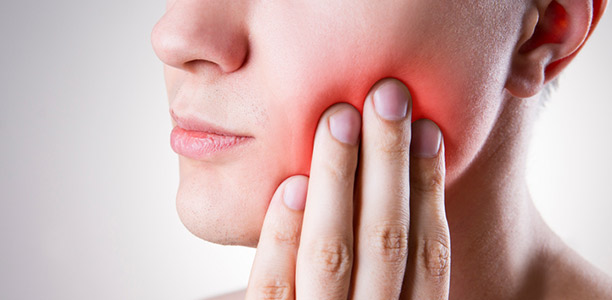Researchers, including those from the Murdoch Children’s Research Institute (MCRI), for the first time have looked into the role genes and environment on play in the composition of the oral microbiome and its role in the formation of tooth decay (cavities).
The most significant new finding of the study was that the bacteria that protects from the development of tooth decay appear to be reduced with excessive sugar consumption.
This is also the first time that both genes and the environment regulate the bacteria that live on our teeth and gums.
To see this difference between genetics versus the environment, the study published in Cell Host & Microbe used 485 twin pairs between the ages of five and 11, including 280 fraternal twins, 205 identical twins, and one set of triplets, with samples obtained using tooth plaque swabs.
Senior author Karen Nelson, President of the J. Craig Venter Institute (JCVI) said, “We decided to focus on children because we hypothesized two things – that the oral microbiome rapidly changes with age, and also that child twin pairs are likely to have a shared environment.” “This allowed us to better control the influence of shared and unique environments.”
Co-author and senior research fellow at MCRI Associate Professor Jeff Craig said while the results found a genetic contribution to bacteria present in the mouth, it was not the ones likely to play a role in cavity formation.
“Instead, the types of bacteria that formed cavity-forming communities fuelled by exposure to sugary foods were those more likely to be influenced by the environment.”
In addition, researchers found the genetically heritable strains of bacteria decrease in abundance as people get older, whereas the ones linked to the environment increase.
Bacteria associated with fewer cavities were in lower abundance in twins who had a lot of added sugar in their food and drinks. In contrast, bacteria more common in children who consume a lot of sugar and associated with having more cavities were in higher abundance.
Fellow co-author and principal research fellow at MCRI Professor Richard Saffery said this highlighted the importance of certain bacterial species and sugar consumption.
“This study shows for the first time that both genes and the environment regulate the bacteria on our teeth and gums, with the effects of environment increasing with age,” Dr Saffery said. “Importantly, the bacteria that protect from the development of tooth decay appear to be reduced with excessive sugar consumption – this has never been seen before.”
Researchers intend to continue studying the twins over repeat visits to examine changing patterns in the oral microbiome. They are also looking at functional differences in the oral microbiomes of identical and fraternal twin pairs that have various states of oral health.
(Source: Murdoch Children’s Research Institute)










